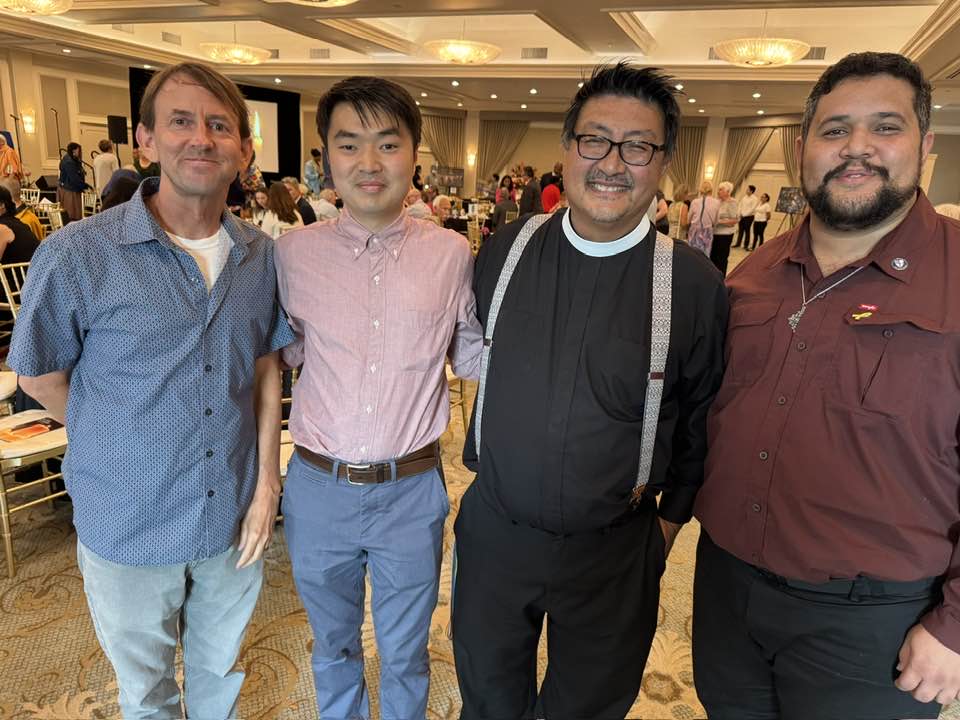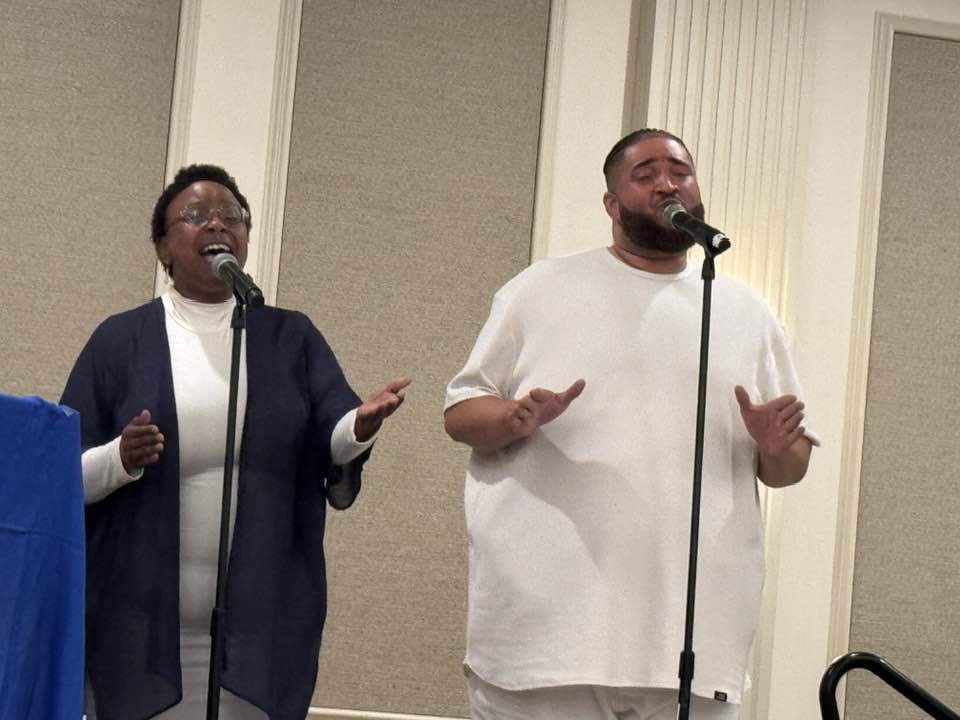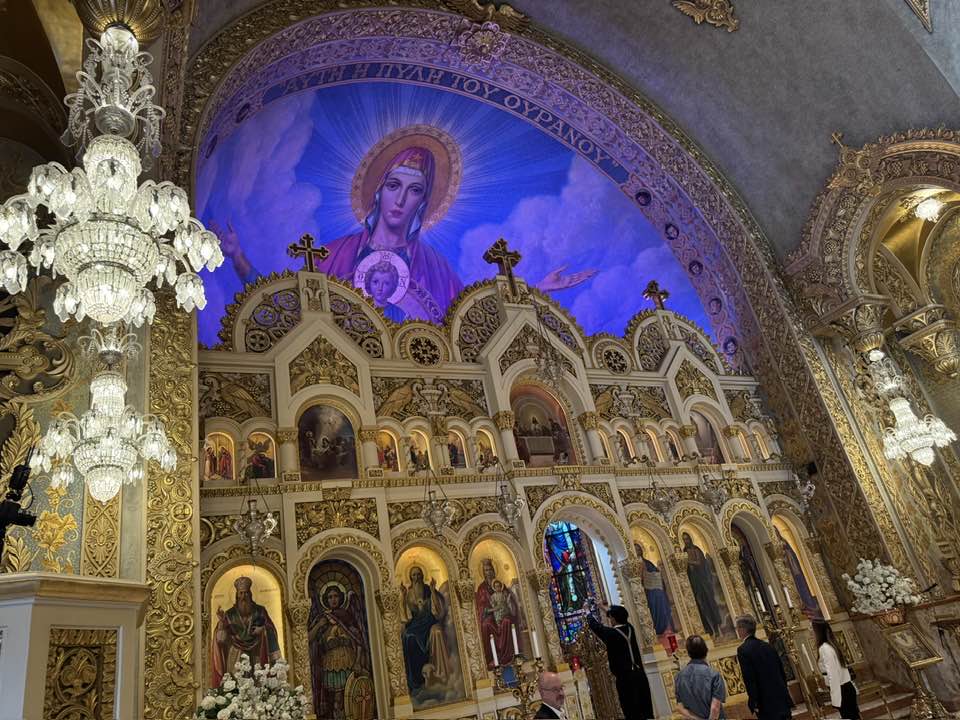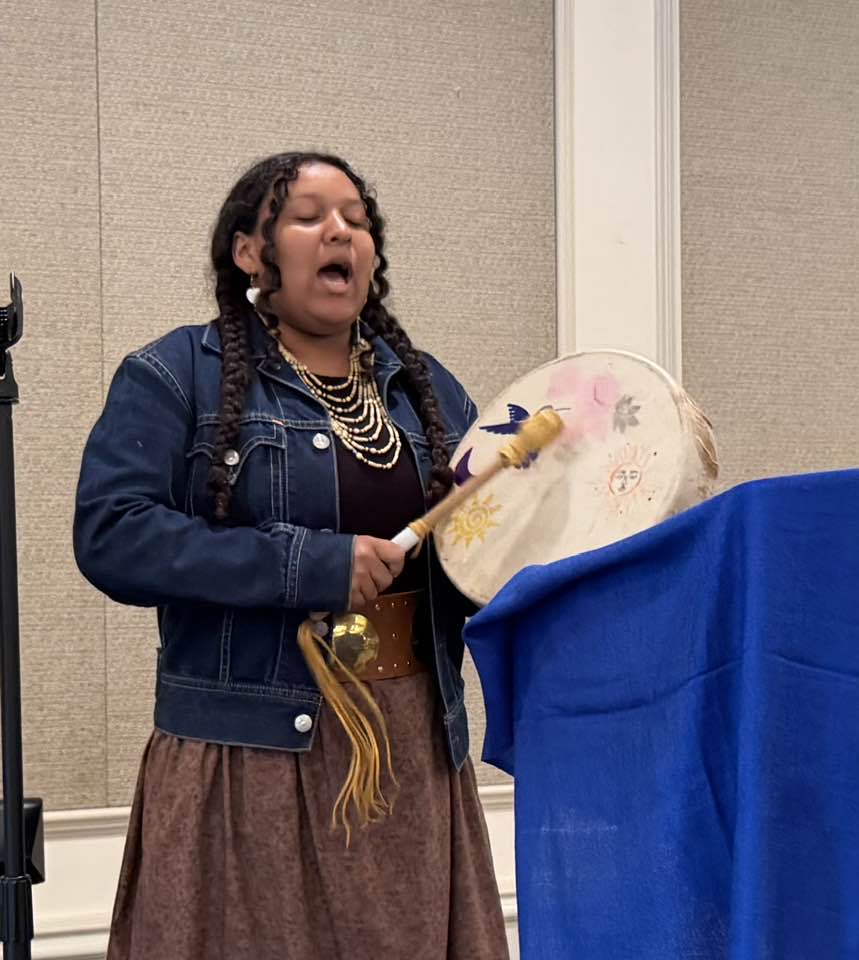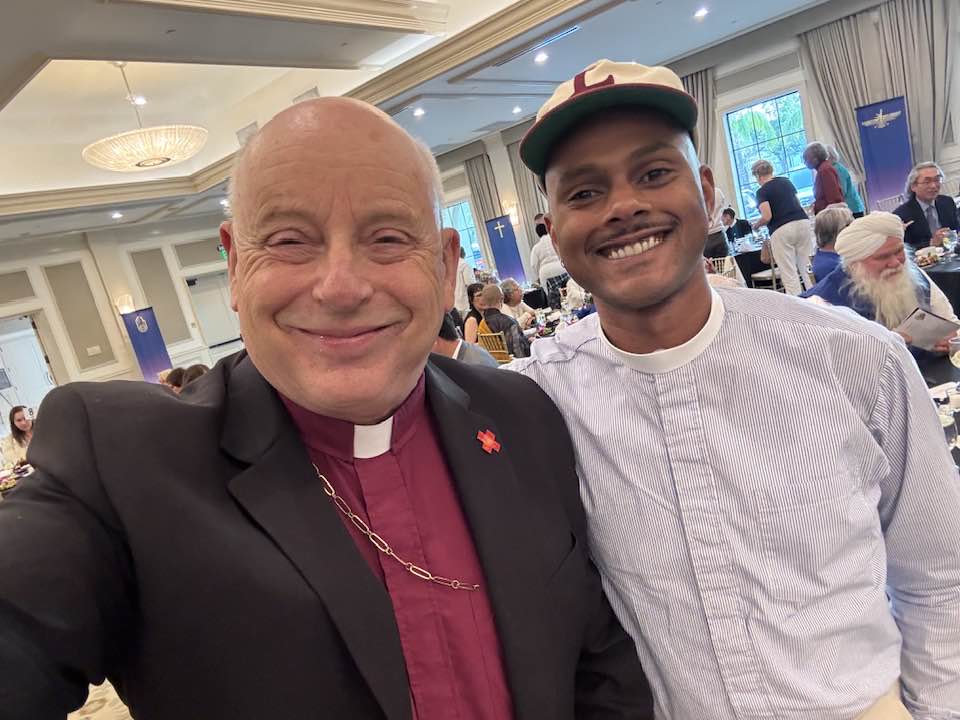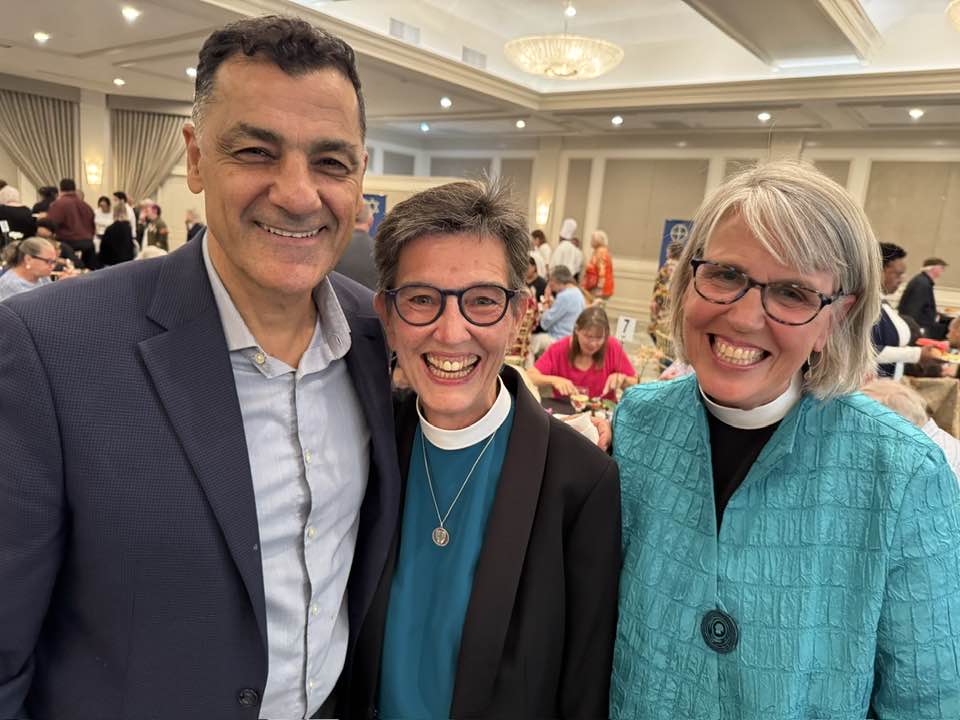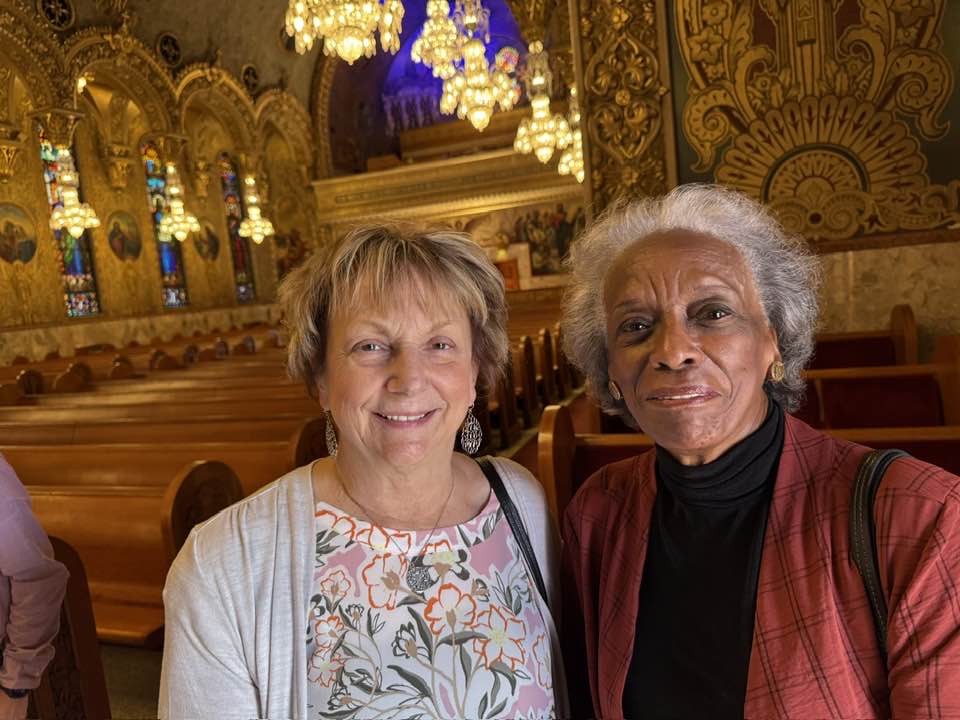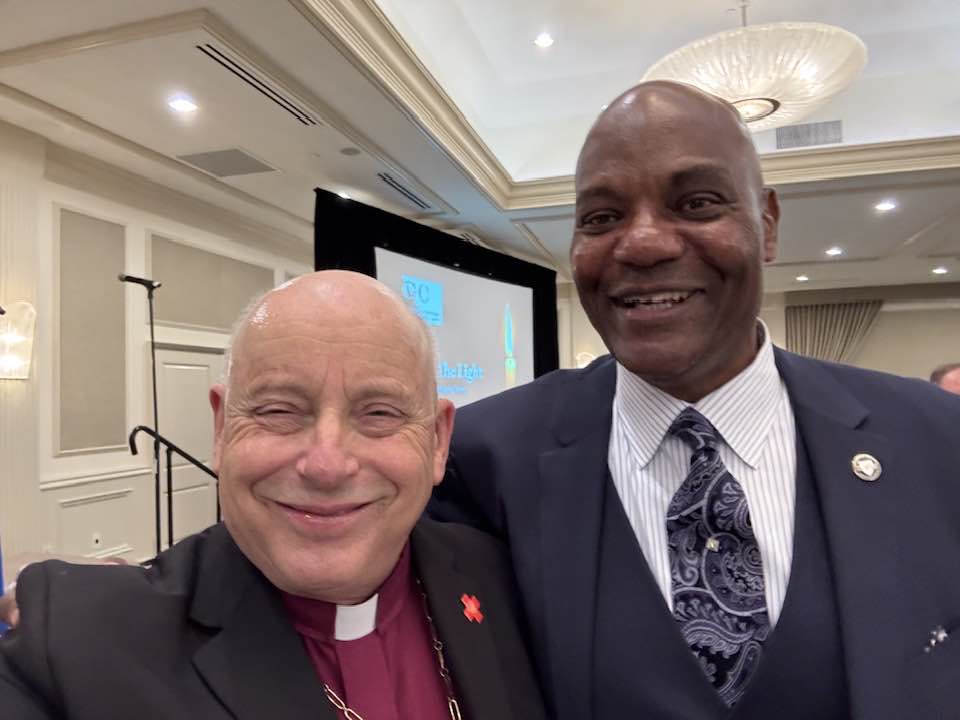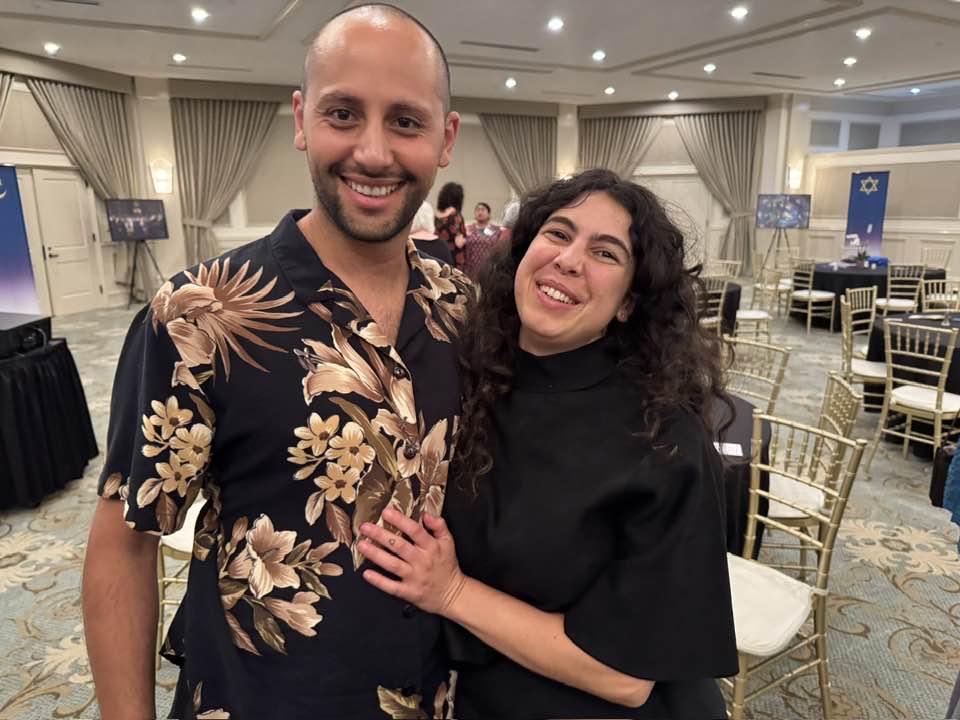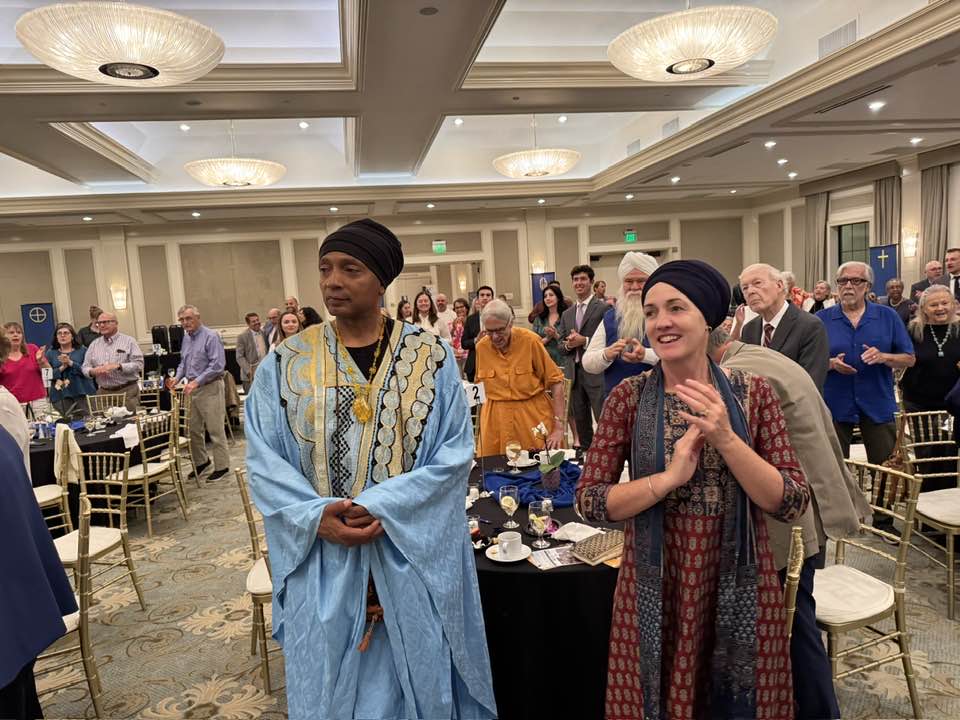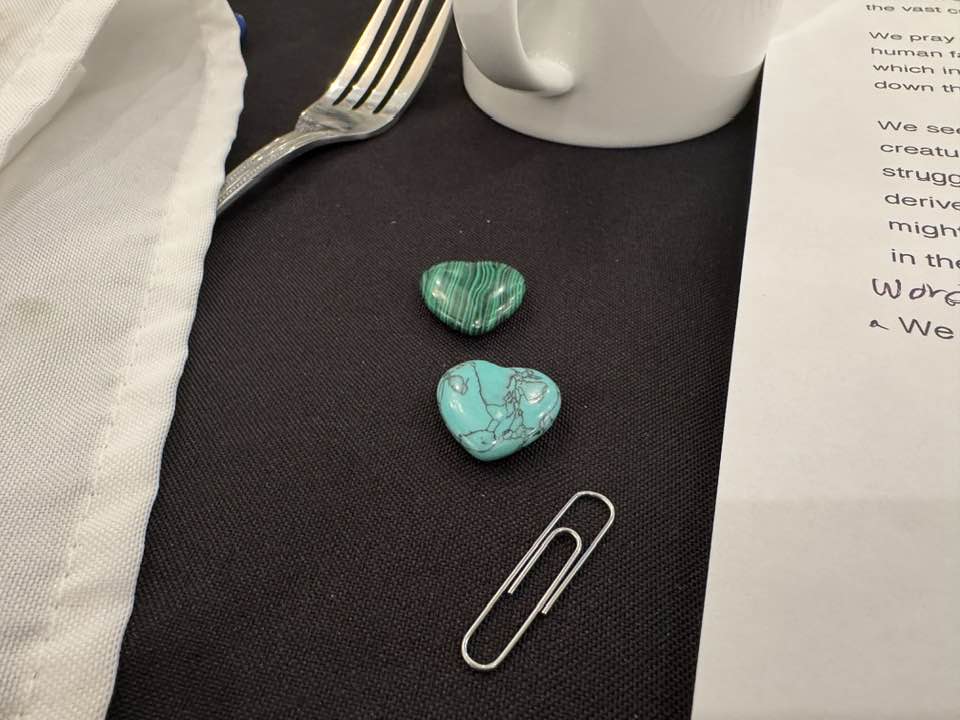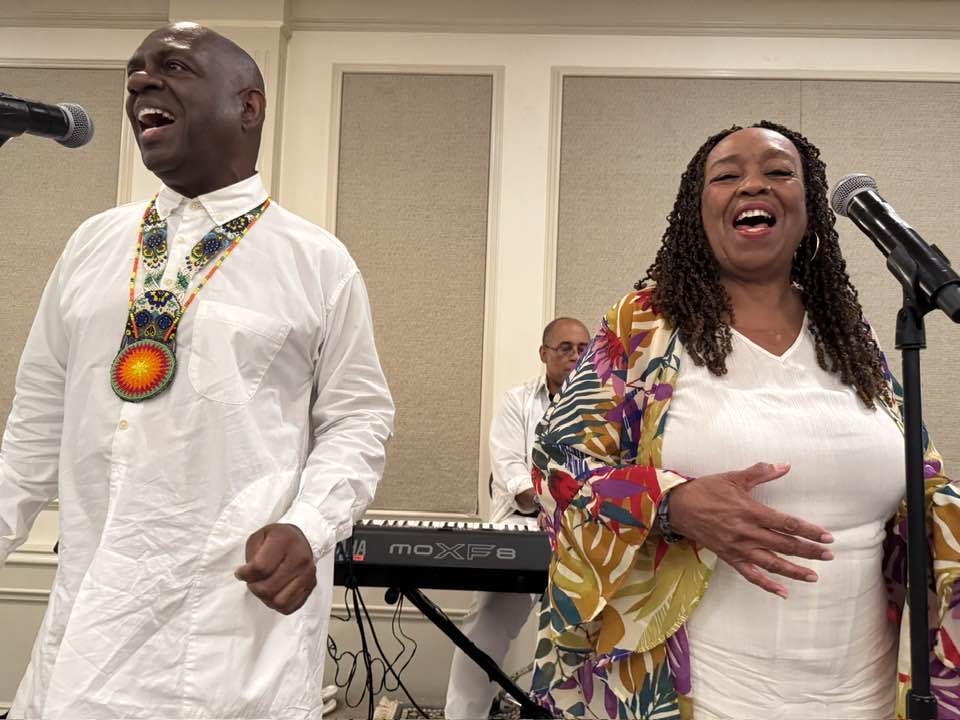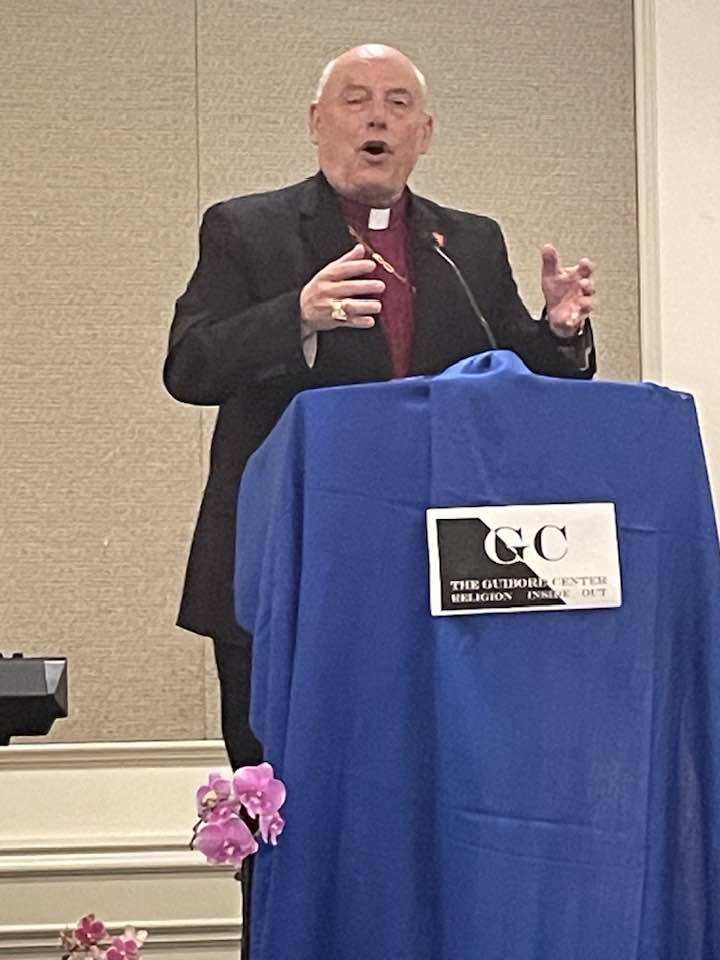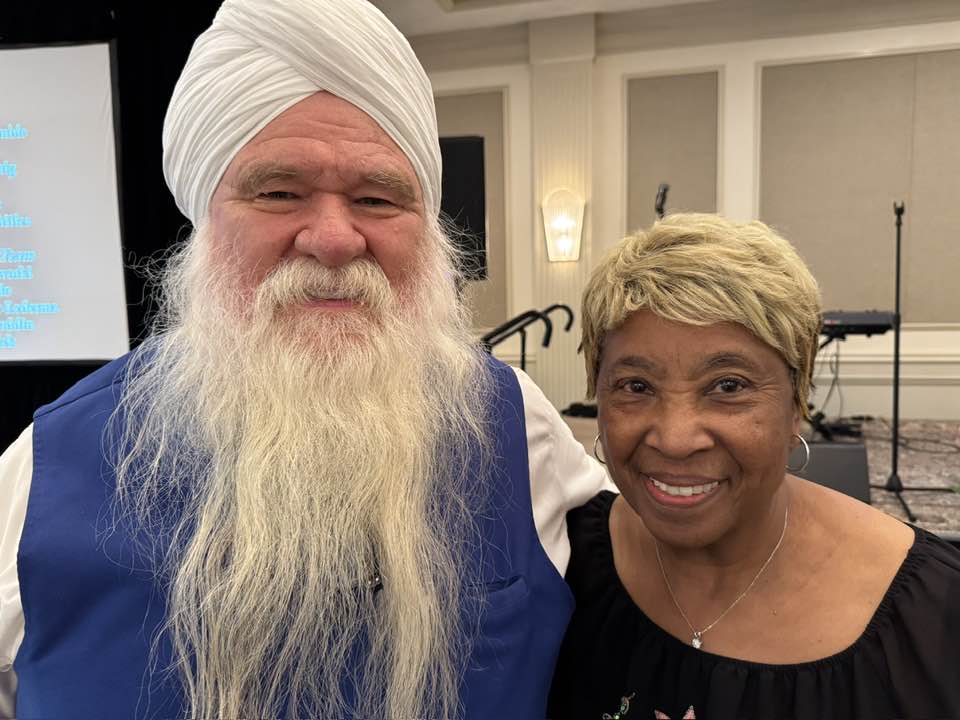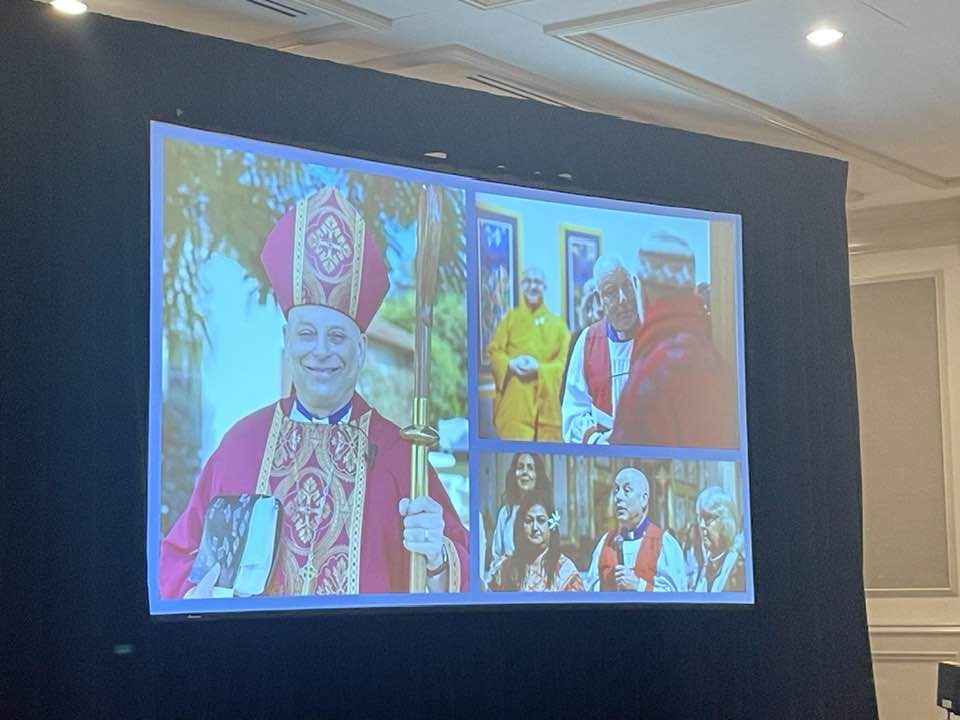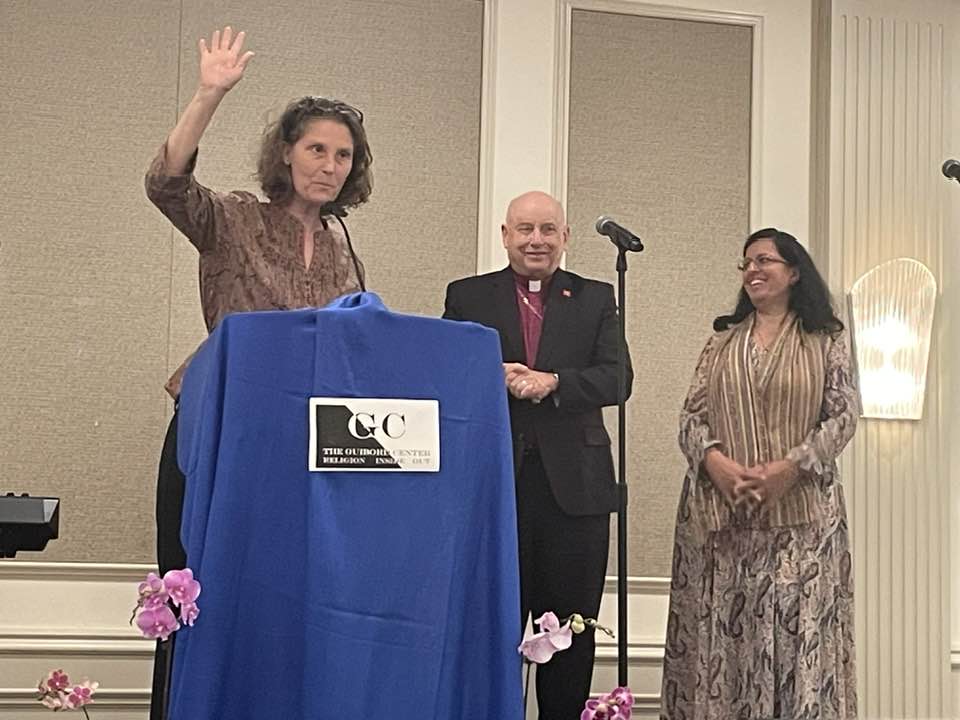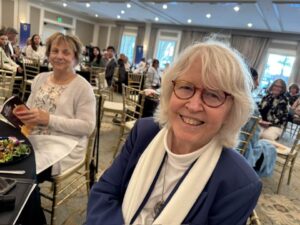 Our nation’s personality is being chemically altered. Someone has ordered us a heart transplant, and we don’t recognize the provenance of the new organ. The light of liberty and justice for all, streaming from the imperfect though earnest work of the founders, the light of the American dream – it’s been wired to a dimmer switch that is being ratcheted down and down and down.
Our nation’s personality is being chemically altered. Someone has ordered us a heart transplant, and we don’t recognize the provenance of the new organ. The light of liberty and justice for all, streaming from the imperfect though earnest work of the founders, the light of the American dream – it’s been wired to a dimmer switch that is being ratcheted down and down and down.
Our theme tonight is “we are the light.” That’s not self-congratulation. It’s not a proclamation of superior enlightenment. It’s an acknowledgment of our common responsibility as people of faith, especially in ecumenical, interfaith settings such as this one. Our shared responsibility has an element of self-sacrifice and risk. If we are the light, the light may rest as heavy on our shoulders as the desert sun at midday.
It’s commonly said that there should be a separation of church and state. What the Constitution means is that our government won’t pick one faith over another. But it doesn’t absolve the faithful of our civic responsibility.
When I was ordained a deacon, priest, and bishop, I promised that I believed the Bible contained all things necessary for salvation. I believe the universe was made in love, is bathed in love, and will be saved by love. Love is the alpha and omega. Love is the only thing that works.
This is the divine law of love. My belief should govern my whole life, including my responsibilities as a citizen and religious leader. I don’t insist that my leaders believe one way or another. I will not obey if they try to make me believe one way or another.
They can be Republican, Democratic, Independent, or anarchistic. I only insist that they obey the divine law of love. I insist that that every creature, especially those most at risk, and the creation itself, which is increasingly at risk – I insist they be treated with kindness. If my government won’t do it, if it engages in cruelty for cruelty’s sake, then it is accountable to judgement for disobeying the divine law of love. When it comes to the divine law of love, there can no longer be a separation of church and state.
The Guibord Center gives us a common vocabulary for our engagement with politics and policy. We come together across the plains of our various beliefs. We stand on common ground while talking about important things. We each say what we mean by the divine law of love. And then acting alone or in community, in our separate contexts or this one, we speak up for kindness and for the dignity of every human being. We do this in every setting in which we have a voice.
As our society grows more secular, it also grows more selfish. Power is in thrall to a technology-fixated, dog eat dog, survival of the fittest civic anti-theology that goes against everything everyone in this room believes and proclaims. In some settings, it’s no longer fashionable to stand up for the dignity of every human being. That’s when our witness can become dangerous. That’s when the winds of darkness will try to extinguish the light of the candle that we hold high.
Saying we are the light means that we get that darkness is gathering around us. We are the light means that we realize we call attention to ourselves when we say unfashionable things. We are the light means that we know some in power want to extinguish the light of love, because they believe that love is for suckers.
It’s as though, by the light of their inspiration in launching The Guibord Center, Gwynne and Lo could see all the way through to this moment – as though they understood what would be required of us in this time and place. Let’s stand with them. Let’s stand with divine love. Let’s help The Guibord Center keep the holy lamps lit.
[My scrapbook and a portion of my remarks Thursday night at The Guibord Center’s annual fundraising dinner at St. Sophia’s Orthodox Cathedral in Los Angeles. My late colleague, interfaith pioneer the Rev. Dr. Gwynne Guibord, was the center’s founder. Her longtime partner in life and ministry, Dr. Lo Sprague, is president.]
